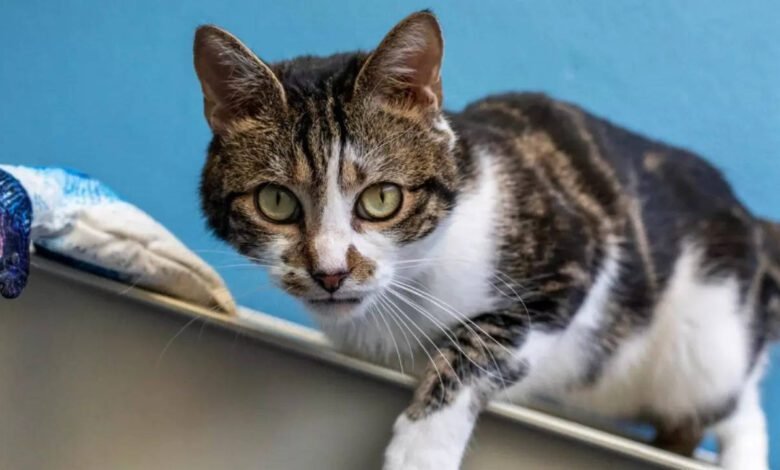Microchipping cats in England: cost, procedure and other details

It has been ruled that all cats in England aged 20 weeks or older must be microchipped and registered on a database under the new legislation. This mandate includes indoor cats. Pet owners who fail to comply within 21 days will face a £500 fine. The RSPCA claims that 10% of cats arriving at its centers are still not microchipped, even in light of upcoming legislative changes.
Microchipping cats in the USA.
It has been ruled that all cats in England aged 20 weeks or older must be microchipped and registered on a database under the new legislation. This mandate includes indoor cats. Pet owners who fail to comply within 21 days will face a £500 fine.
The RSPCA states that 10% of cats arriving at its centers are still not microchipped, even in light of upcoming legislative changes. An investigation by Cats Protection found that around 1.9 million cats in England do not have microchips. Research also shows that nearly 300,000 cat owners are unsure about the status of their pet’s microchips.
A small chip is inserted under the animal’s skin during the microchipping process. The process of giving your pet a unique code is said to be quick and easy. By scanning the chip, the owner’s contact information held in a database can be matched with the animal.
Microchipping cats it is not currently a legal requirement in Scotland, Wales or Northern Ireland. Veterinarian Rory Cowlam, RSPCA ambassador and CBBC presenter, emphasized the importance of microchipping: “The idea of a pet disappearing and never being able to find it is a pet owner’s nightmare, which is why the microchip is so important. , I can assure you that it is quick, easy, and the best way to ensure that if your pet goes missing or is injured, they can be reunited with you.
According to the RSPCA, the new regulations would improve the welfare of cats, make it easier to find lost pets and perhaps reduce the number of strays. More than 1,500 cases of stray cats have been registered with the RSPCA so far this year, compared to more than 7,500 incidents last year.
Microchipping services, usually costing between £20 and £30, can be obtained from vets or nearby rescue and rehoming centres. If an owner moves or changes their contact information, they must also update the database.
Research by Cats Protection reveals that some owners believe microchipping is unnecessary because their pets do not venture outdoors or roam for long periods of time. Madison Rogers, from the charity, said: “Some owners think they will never go through the trauma of losing their pet cat, but last year 115,000 pet cats in England went missing and never came home again, so this is a lot more. common than people think.”




